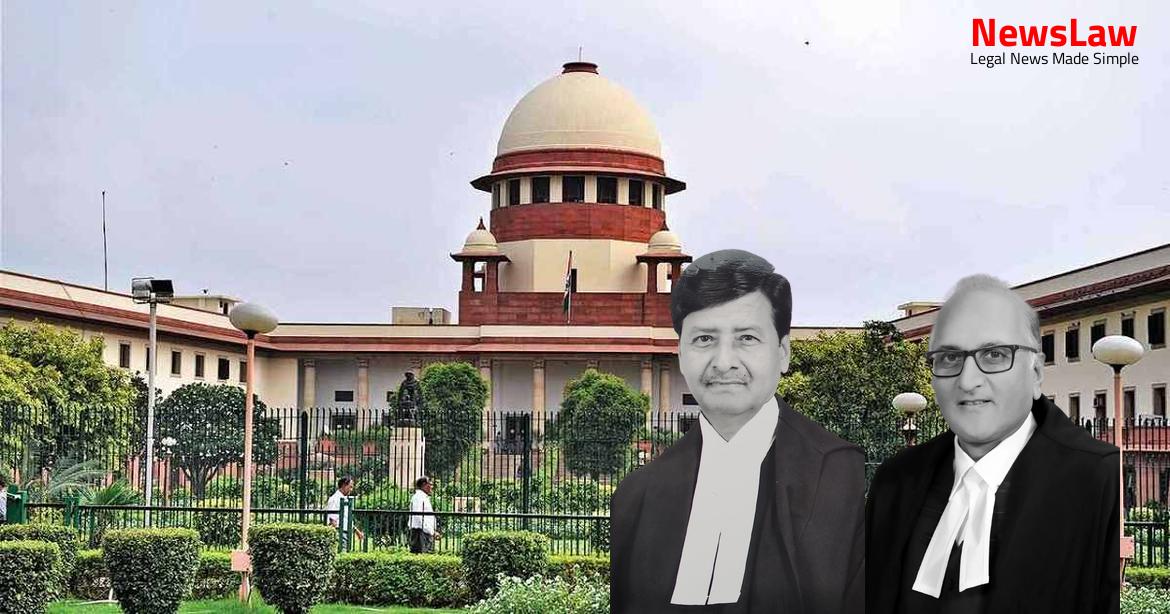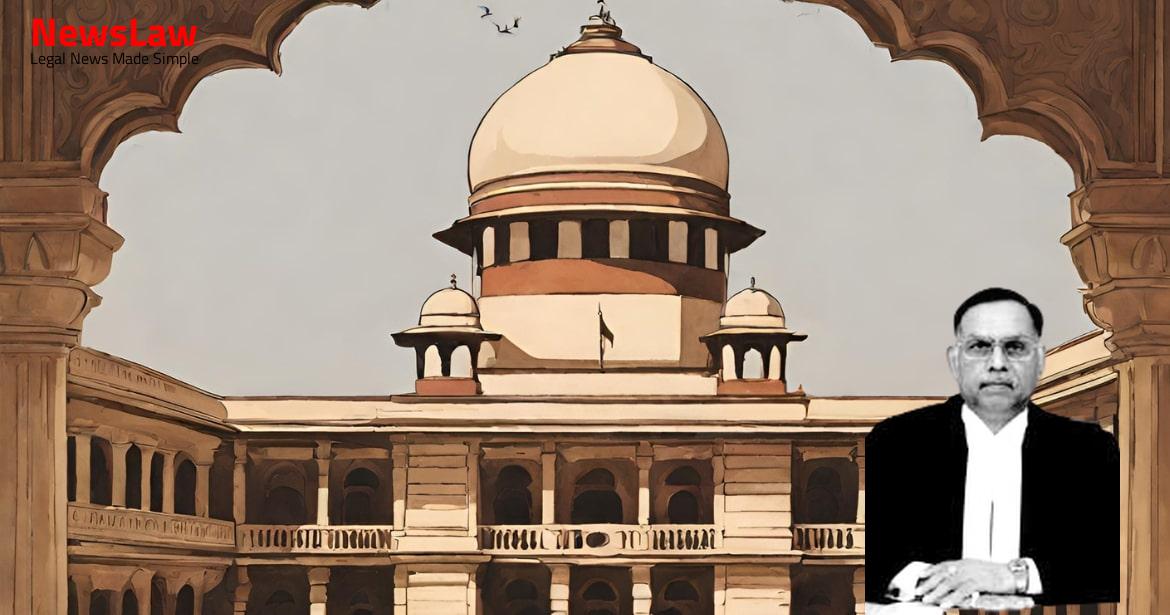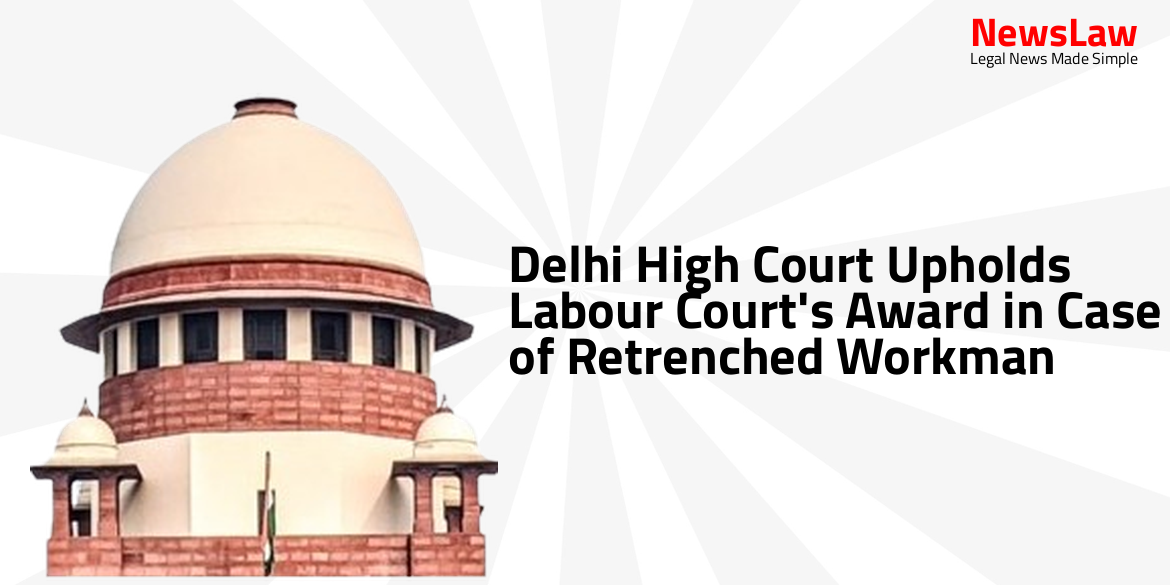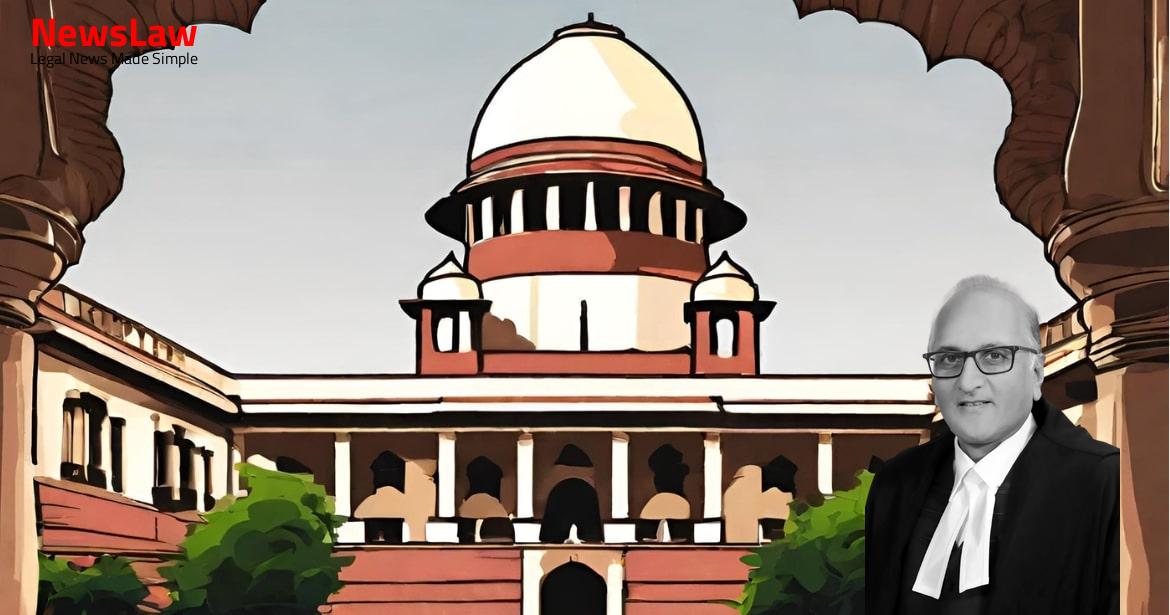Explore the intricate legal nuances surrounding heritable rights in licitation proceedings as analyzed by the court in this case summary. The court’s in-depth examination sheds light on the complexities of property rights, inheritance laws, and legal principles governing auction proceedings. Join us to unravel the legal intricacies of this fascinating case!
Facts
- The proceedings were initiated in 1985 for the partition of the estate of Lt. Guilherme Caetano Souza and his wife Maria Guilhermina Augusta Lourdes Aguiar Souza.
- The estate had six heirs: Pedro, Hermano, Maria Emila Pulqueria Natividade, Maria Patricia Lucia, Maria Emilia Julieta, and Edwin.
- The estate comprised three items of immovable property, including Item No. 1, which was in dispute.
- The Code, which is a comprehensive law, governs inheritance and succession matters, including inventory proceedings.
- A reauction of Item No. 1 was requested by the appellant, contested by Hermano’s heirs, and necessitated due to default in owelty payment.
- The bidding for properties in the estate occurred through a licitation process, with Lt. Edwin winning items 2 & 3 in an auction held on 28.02.2001.
- The valuation stage comes into play during licitation when parties offer market values for each property.
- The Code was initially framed in 1867 and became applicable in Goa after its assimilation into the Indian Union in 1962.
- The Bombay High Court, Goa Bench, is the appellate jurisdiction for this case.
- Licitation is a closed auction involving heirs entitled to shares in the estate, as per Article 1412 of the Code.
- If interested parties do not apply for licitation within 48 hours, their right is waived, and the property is distributed according to shares.
- The administrator, known as Cabeca de Casal, oversees the inventory, appraisal, and distribution of the deceased’s properties as per the Code.
- Deposit towards auction occurs after apportioning amounts to each heir’s share
- Hermano’s heirs cannot succeed in bid as it is not heritable
- Obligations and rights devolve upon legal successors
- District Judge reversed ruling of inventory court on successful bid
- High Court concluded heir’s inheritance includes rights from successful bid in licitation
Also Read: Balancing Power and Transparency: Electoral Bonds Struck Down, Disclosure Mandated
Arguments
- The High Court held that the right of a successful bidder could not be considered in personam and therefore did not extinguish upon his death.
- The High Court cited Article 1439 of the Code which confers a right in presenti for a successful bidder in an inventory proceeding to hold the property as an administrator.
- Mr. Keane Sardinha, counsel for the appellant, argued that the findings of the first appellate court and the High Court were erroneous.
- The rights conferred upon a successful bidder in inventory proceedings under Article 1737 do not devolve upon his heirs after his death.
- Previous auction in 2001 for the same property was deemed abortive due to the bidder’s failure to deposit the owelty amount.
- No chart of partition existed in the proceedings, preventing parties from claiming their share of the price.
- Inventory proceedings had prolonged since 2005 with Hermano failing to fulfil his obligation until his death.
- Heirs resisted reauction despite potential higher amount, claiming no heritable right passes to them in licitation proceedings.
- Concurrent findings of the appellate court and the High Court should not be interfered with.
- Inventory proceedings are distinct from partition suits, meant to describe and apportion the estate of a deceased person.
- No heritable or legally enforceable right passed to Hermano’s heirs upon his death in the case.
- A bid in an auction does not create any right or interest in the property, and no concluded contract exists between bidders and interested parties.
- The right to claim an asset through an auction is not heritable and extinguishes upon the bidder’s death.
Also Read: Recall of Resolution Plan Approval: Legal Analysis
Analysis
- Clause (c) of Article 1417 of the Portuguese Civil Procedure Code states that those entitled to owelty money must demand payment within three days after receiving notice.
- Failure to make the demand will render the licitation ineffective.
- The entitlement to bid in a licitation process is not a personal right but a right as a member of the family.
- Inheritance encompasses all properties, rights, and obligations of the deceased, except those that are personal or otherwise exempted.
- The payment of owelty is contingent upon a demand by any other heir to the successful bidder.
- The High Court’s ruling that the licitation was invalid due to the alleged failure to pay on demand was deemed incorrect and unjustified.
- The terms of Article 1417(c) do not specify a time limit for payment by the auction-purchaser.
- The process of partition involves identifying all parties entitled to a share, preparing a chart of partition, and allocating shares based on values and obligations.
- If excess payment is required from a bidder, it must be computed before the final partition can be determined.
- The estate of a deceased, as defined by Article 1737, includes all properties, rights, and obligations except those that are personal or otherwise exempted.
- When the office finds that properties gifted or taken by licitation exceed the share of the party or disposable portion of the deceased, a note in the shape of a chart is recorded in the file indicating the excess amount.
- Excess properties gifted to a co-heir that do not wholly fit in the share must be included in the partible properties of the inheritance. The donee may exercise the right of choice within three days; otherwise, the judge will allot properties.
- In cases where gifts to strangers are inofficious, they shall be reduced according to the Civil Code.
- The judge is required to initial each page of the chart and confirm any corrections, erasures, or interlineations made.
- The concept of property in legal terms is broad and encompasses various types such as corporeal, incorporeal, movables, immovables, and intellectual property.
- Rights and entitlements are also considered as forms of property, such as the right to shares or the right to impeach a sale by a minor’s guardian.
- The demand for payment plays a crucial role in legal procedures, as failure to pay could lead to legal consequences like interest accrual or mortgage registration.
- Owelty money is due to those who did not receive their fair share in a transaction, and they have the right to demand payment within a specific timeframe.
- The transfer of property rights in shares can occur before full ownership rights are vested, as per the Transfer of Property Act.
- Owelty creates a lien or charge on property for equalization purposes, as highlighted in various legal precedents and judgments.
- The view that the Code of Civil Procedure may override certain provisions of the Civil Code is supported by legal scholars and courts.
- Failure to pay owelty money does not lead to reversion of property, but can result in the ineffectiveness of an allotment and re-auction of the property.
- Non-compliance with payment demands can lead to exclusion from future auctions and legal ramifications for the defaulting party.
- The impugned judgment of the High Court is sound.
- The position and right as a successful bidder, as well as the obligation to pay the concerned amount, are heritable by the heirs and legal representatives of the original bidder.
Decision
- The appeals were found to be without merit and consequently dismissed.
- No order on costs was issued.
- Parties shall be notified to demand payment within three days, if desired.
- Lots to be drawn by sortition will be designated by letters.
Case Title: MRS. ETHEL LOURDES DSOUZA LOBO Vs. LUCIO NEVILLE JUDE DE SOUZA . (2022 INSC 977)
Case Number: C.A. No.-009202-009202 / 2019



